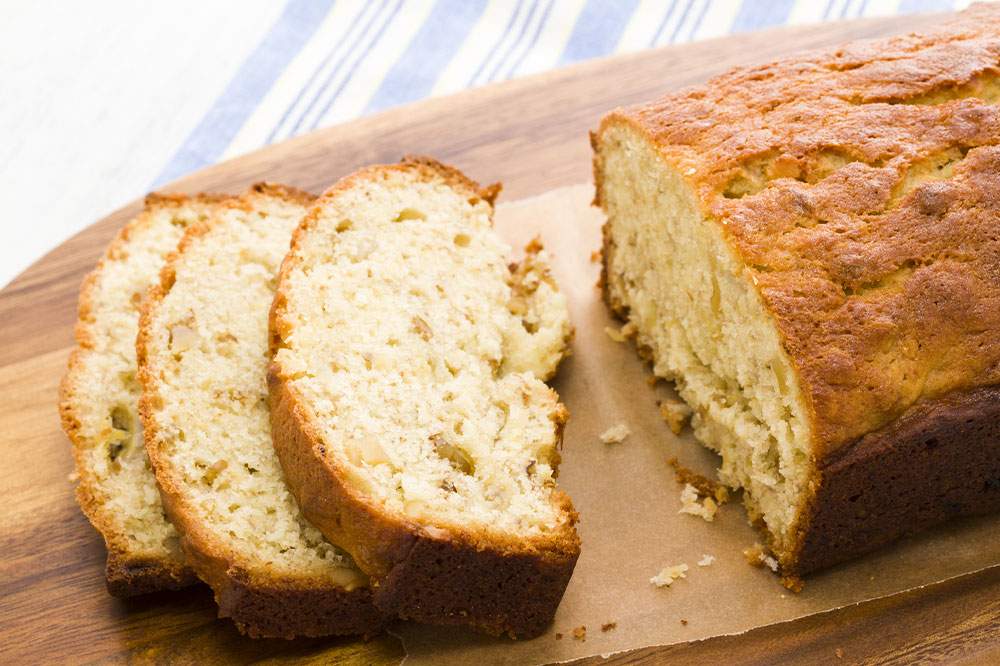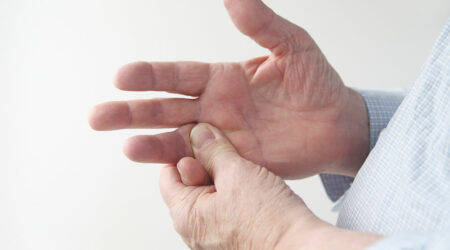Foods and beverages to avoid for healthy teeth

Following a thorough dental care routine is imperative for healthy teeth and gums. Many foods and beverages hinder oral health and cause problems like tooth decay, cavities, tooth abscess, chewing trouble, pain, and even gum diseases like gingivitis. On noticing any such tooth problems, one should alert the dentist. Depending on the symptoms, the expert may recommend treatments and other oral care tips to manage the condition and maintain healthy teeth.
Worst foods and beverages for the teeth
Various foods and beverages contribute to dental issues, which may cause severe discomfort if ignored. A common problem is plaque buildup, where a bacteria-filled sticky film gradually forms over the teeth. It is mainly caused due to sugary snacks, such as candy. Hence, one must ensure to avoid such foods. A few other examples are:
Bread
Bread might be a regular breakfast option, but it can cause tooth problems. When a person chews bread, the saliva breaks down the starch into sugar. Moreover, the bread turns into a gummy paste-like substance in the mouth, which sticks to the crevices between the teeth, causing cavities. Those who cannot do without bread may choose whole wheat varieties, as they contain fewer added sugars and do not break down easily.
Potato chips
Potato chips are delicious and crisp, but they are one of the worst foods for the teeth. Potato chips contain starch, which, once turned into sugar, gets trapped on and in between the teeth. It also feeds the bacteria in the plaque, leading to other oral health problems. So, after eating chips, one should use dental floss to remove the trapped particles and ensure oral health.
Coffee/tea
Most people begin their day with a cup of coffee or tea. These beverages contain caffeine, which may not cause oral health issues singlehandedly. The harm is caused by the sugar added to the beverage. Drinking multiple cups of coffee/tea every day can lead to problems like stained teeth and dry mouth. Hence, dentists suggest either avoiding these beverages altogether or adding plenty of water and doing without sugary add-ins.
Milkshakes
A classic dessert all over the country, milkshakes may be a source of calcium, but this benefit can be canceled out by the beverage’s high sugar content. Even plain vanilla milkshakes contain enough sugar to aid the existing bacteria in the mouth to cause multiple oral health problems. This makes milkshakes one of the worst beverages for teeth health. An easy at-home alternative would be mixing low-fat milk with fruits like bananas or strawberries. This will satisfy the longing for sweets and cream while providing the body with nutrients like calcium.
Raisins
One may feel that dried fruits are a healthy snack, but varieties like apricots, figs, prunes, and raisins are incredibly sticky, making them one of the worst foods for teeth health. Due to the stickiness, dried fruits can easily cling to the teeth and leave behind sugar, aiding tooth decay. Therefore, it is advised to always rinse the mouth with water after eating these dried fruits and then brush and floss. This ensures the teeth and gums remain healthy.
Besides avoiding these worst foods and beverages for the teeth, one must go for regular dental checkups to ensure oral health and hygiene.


